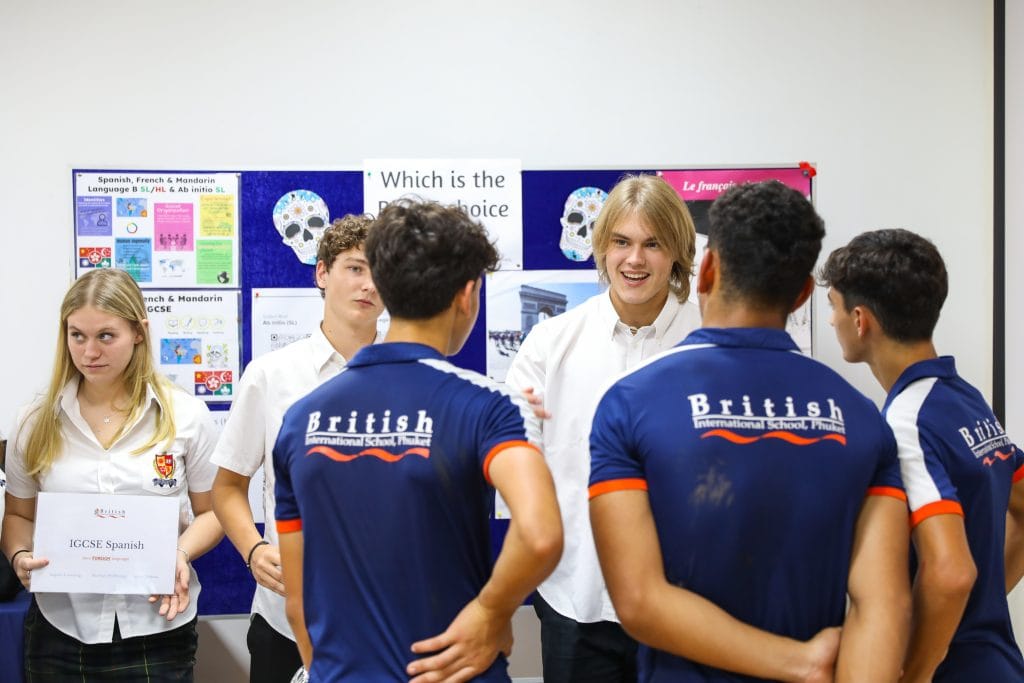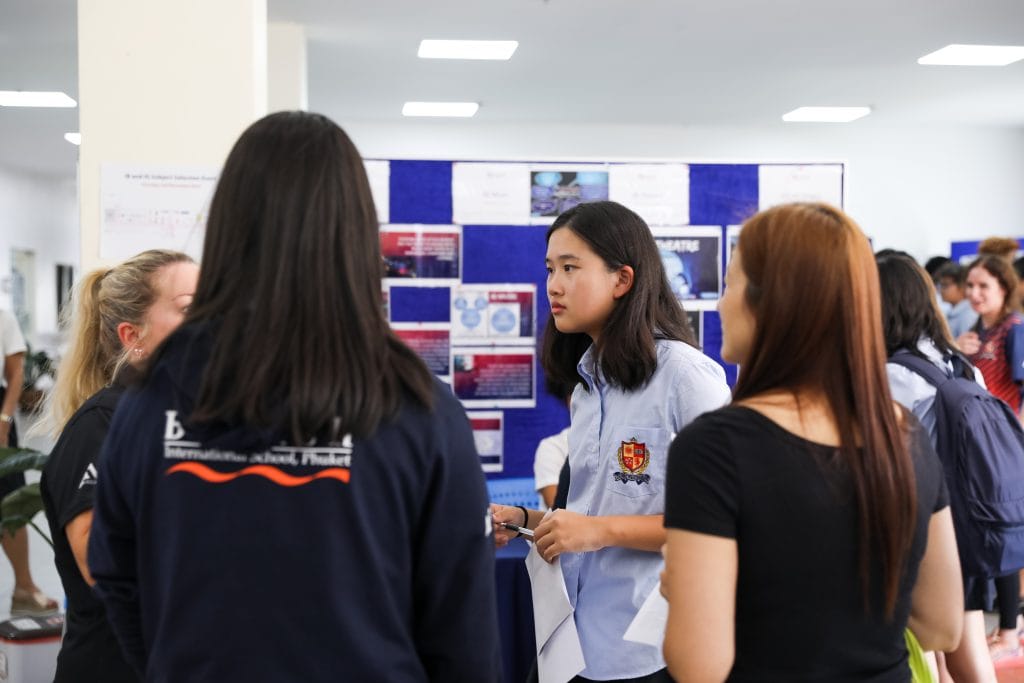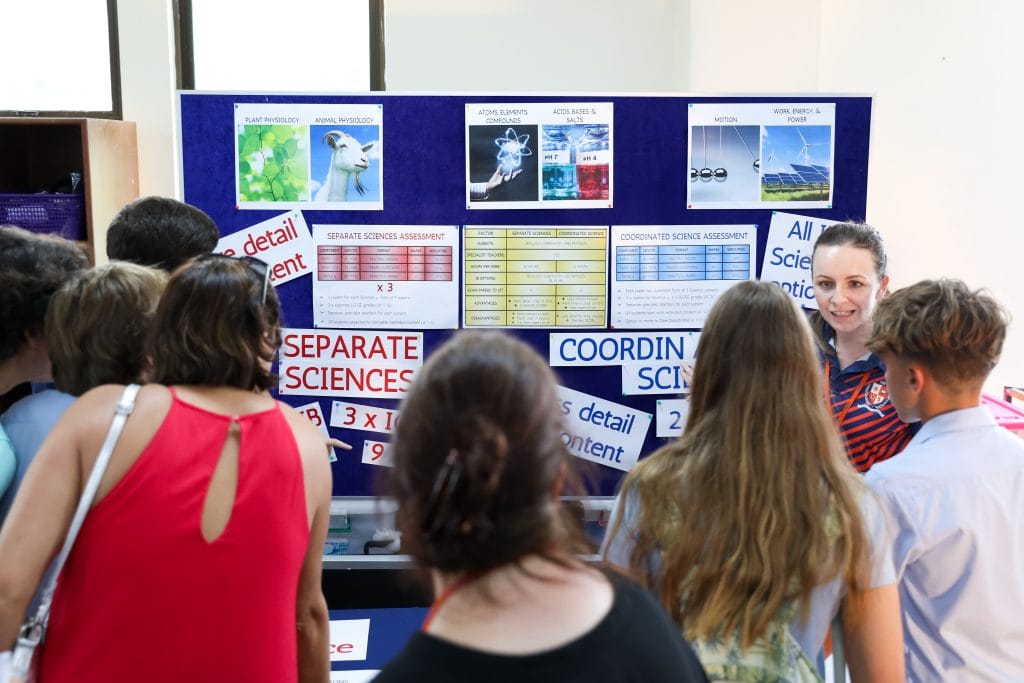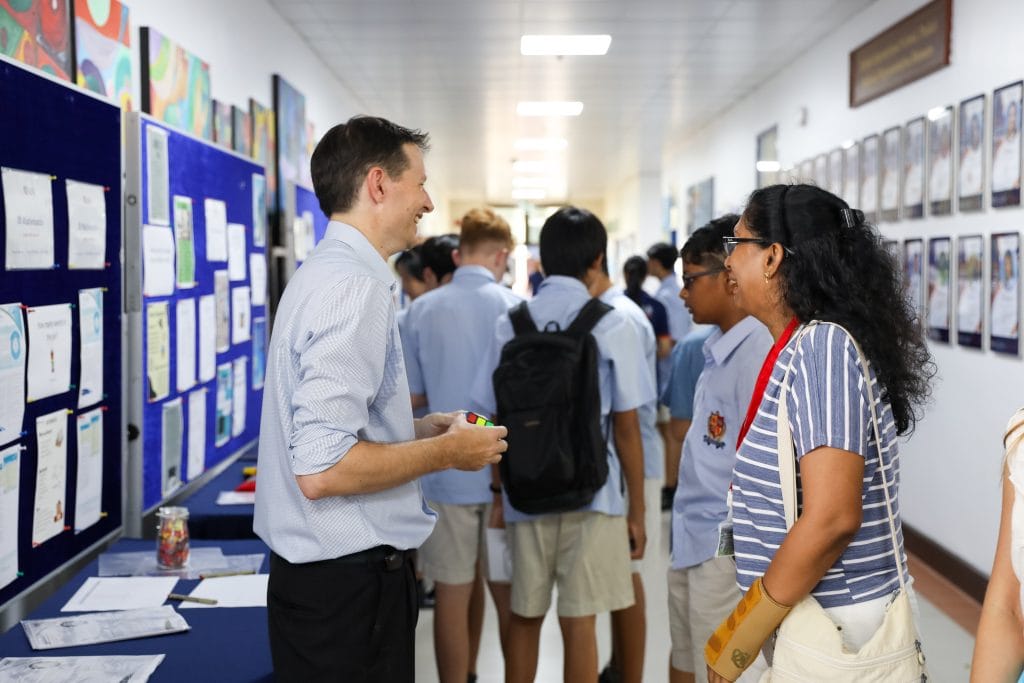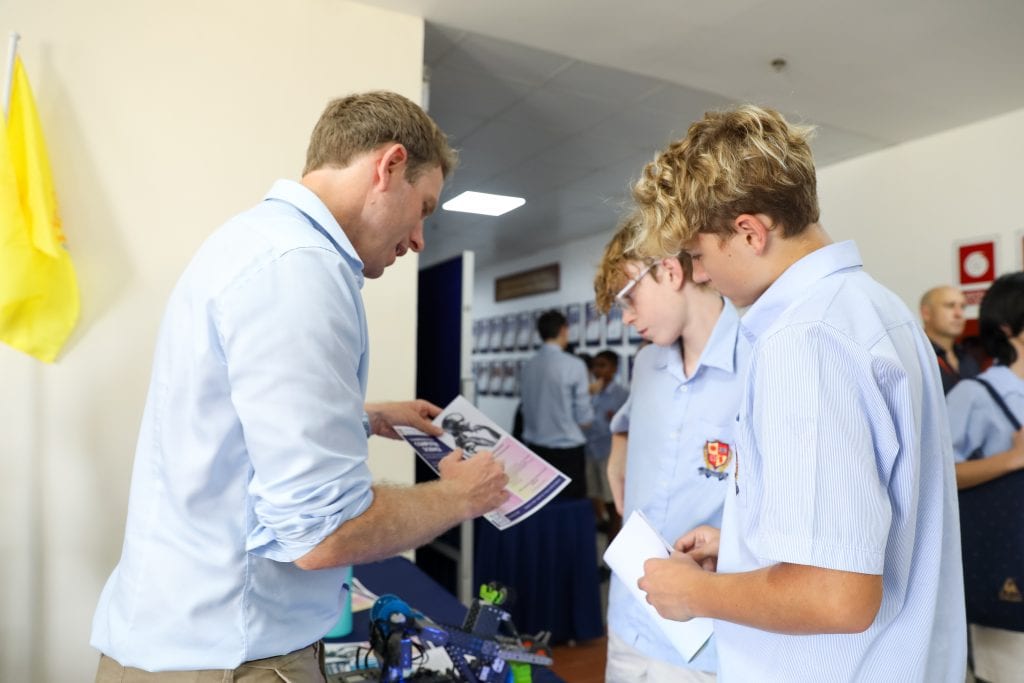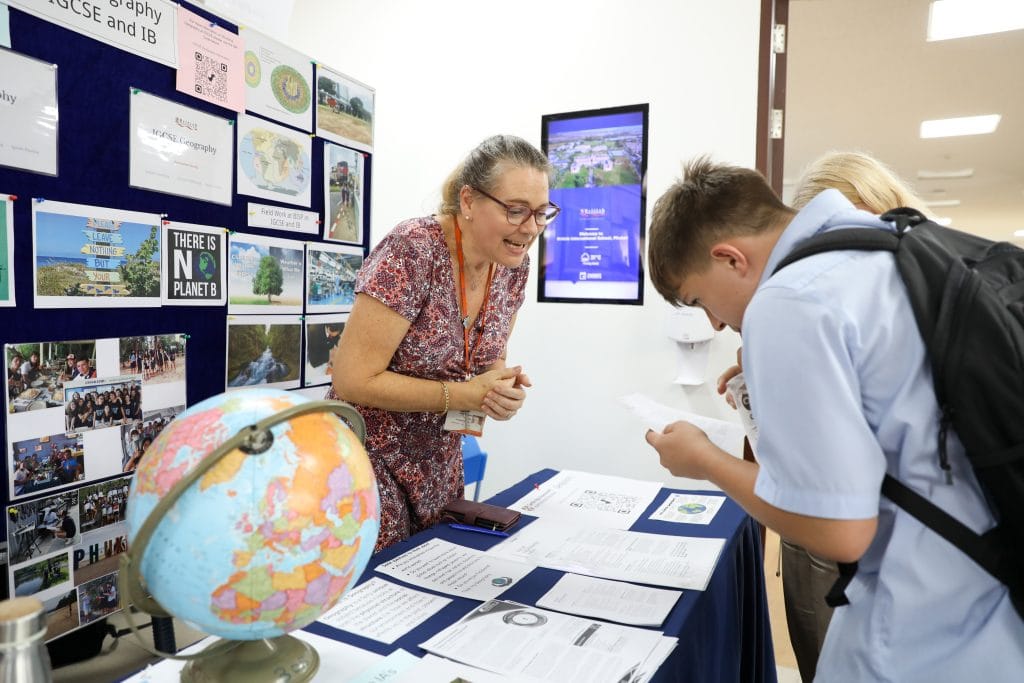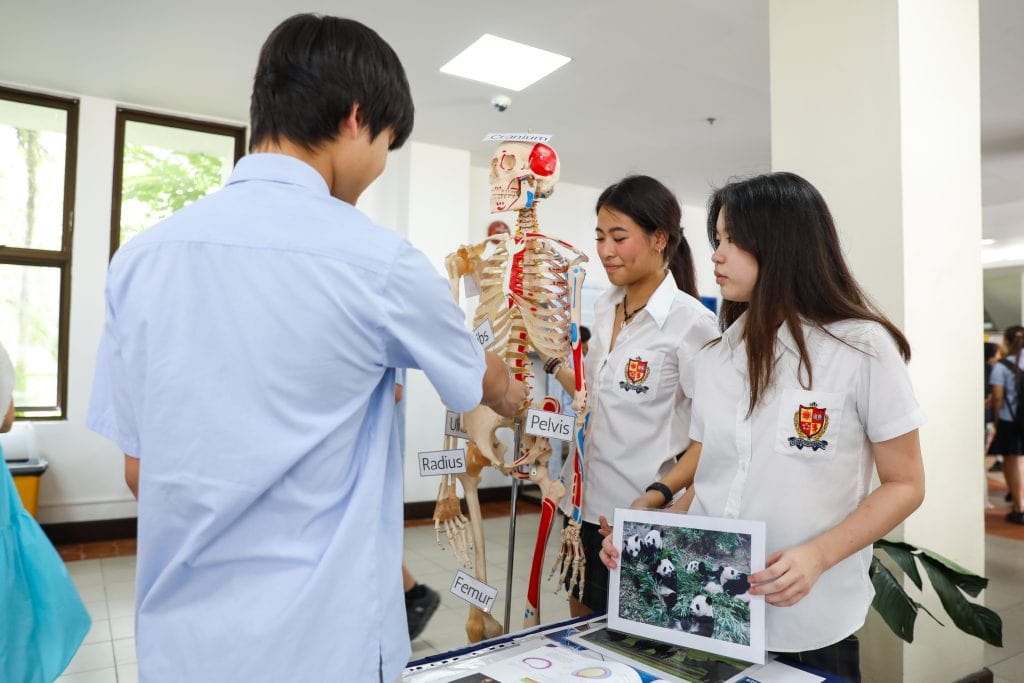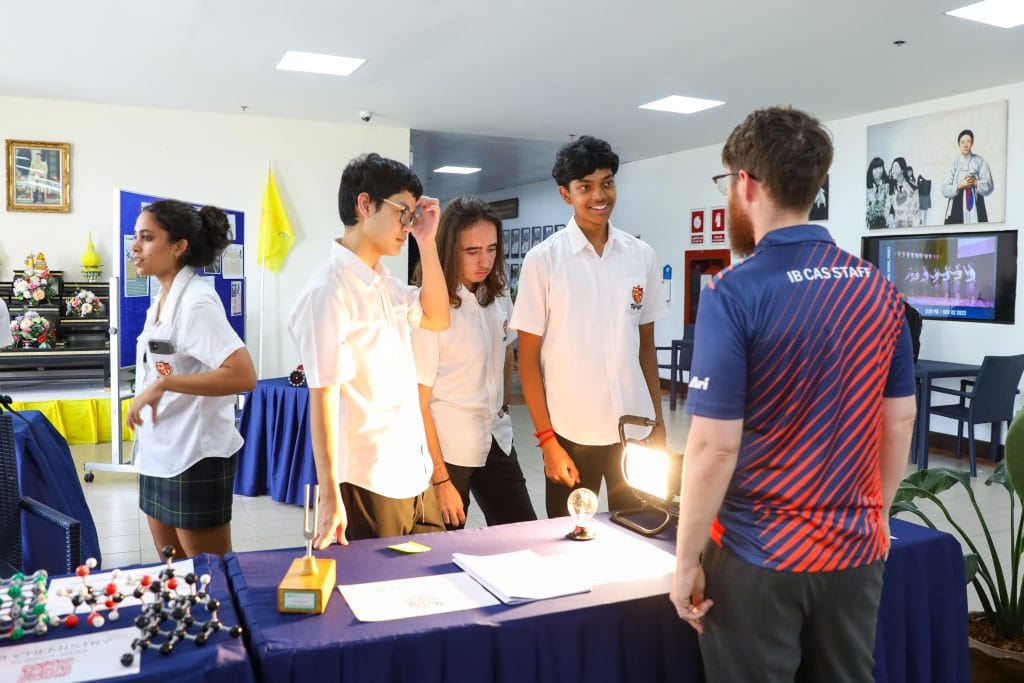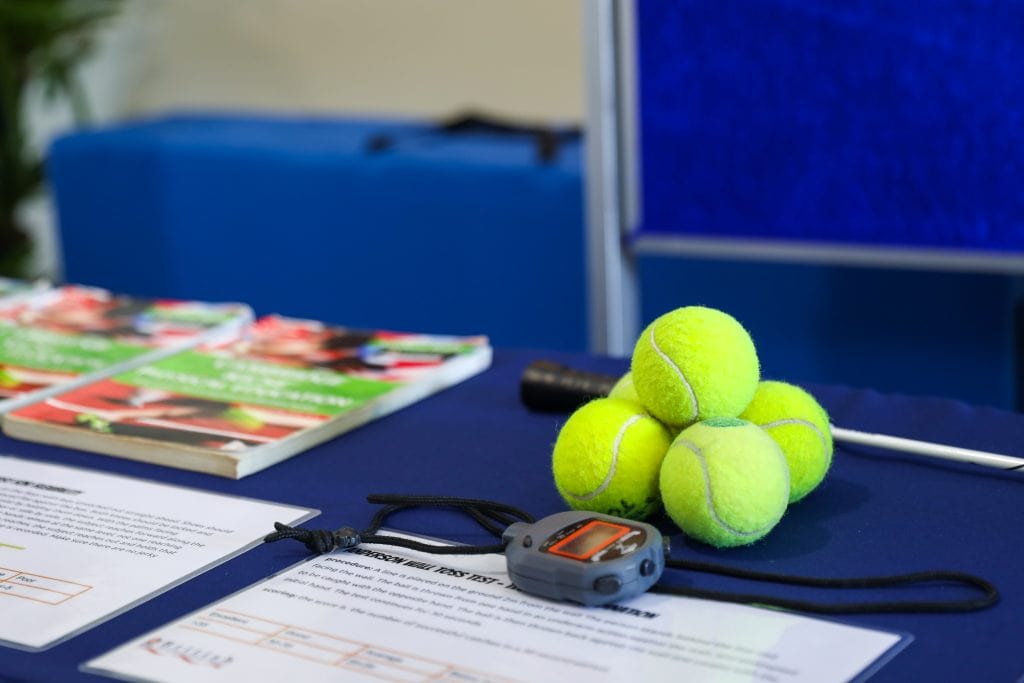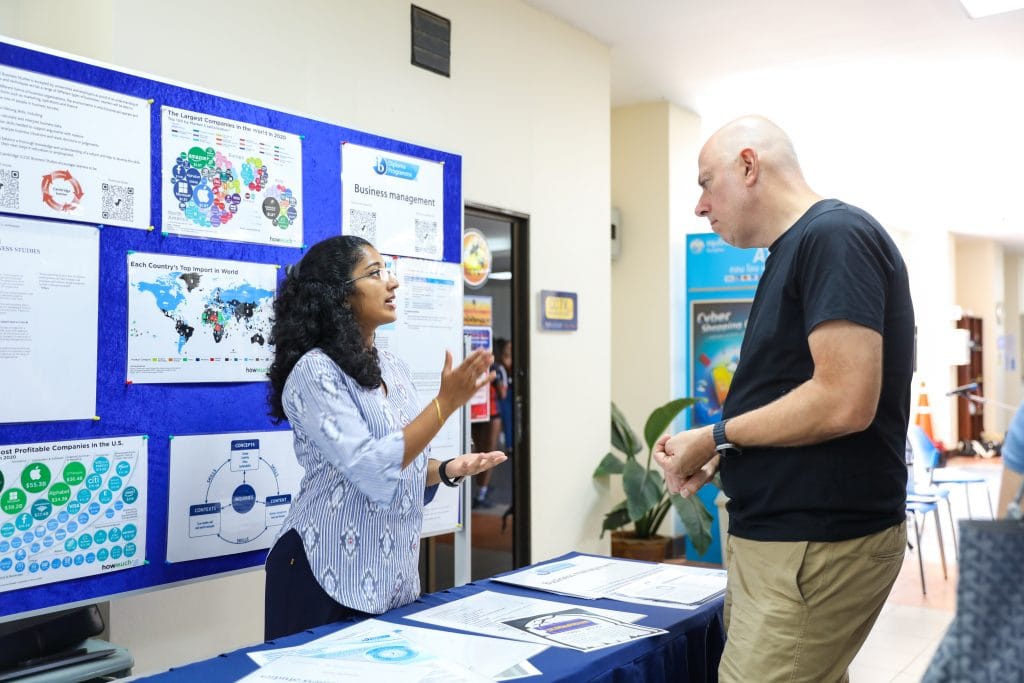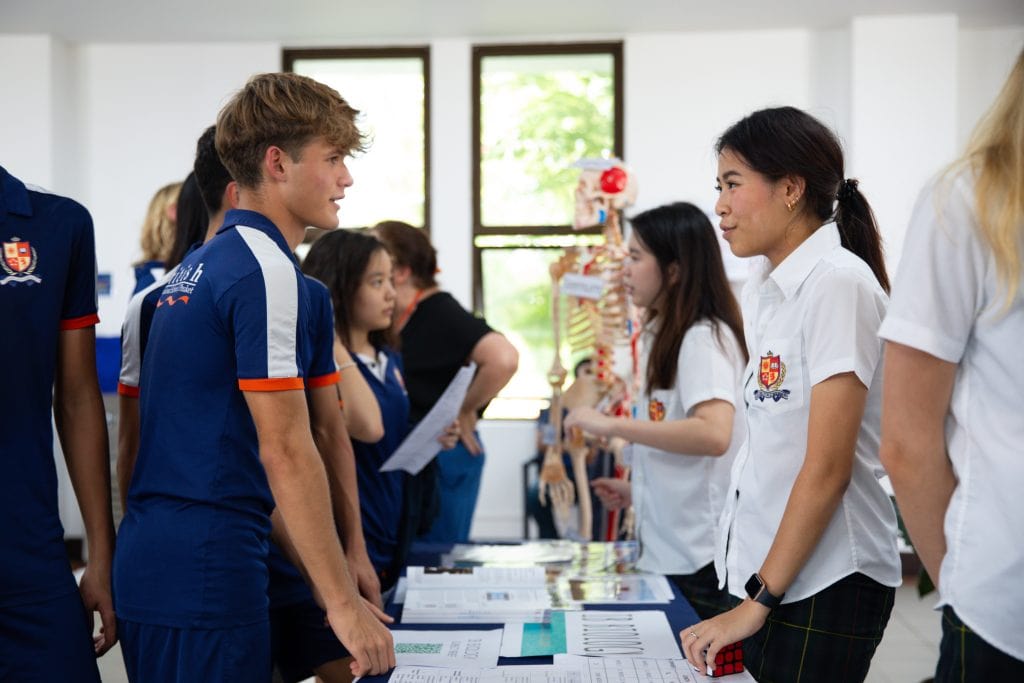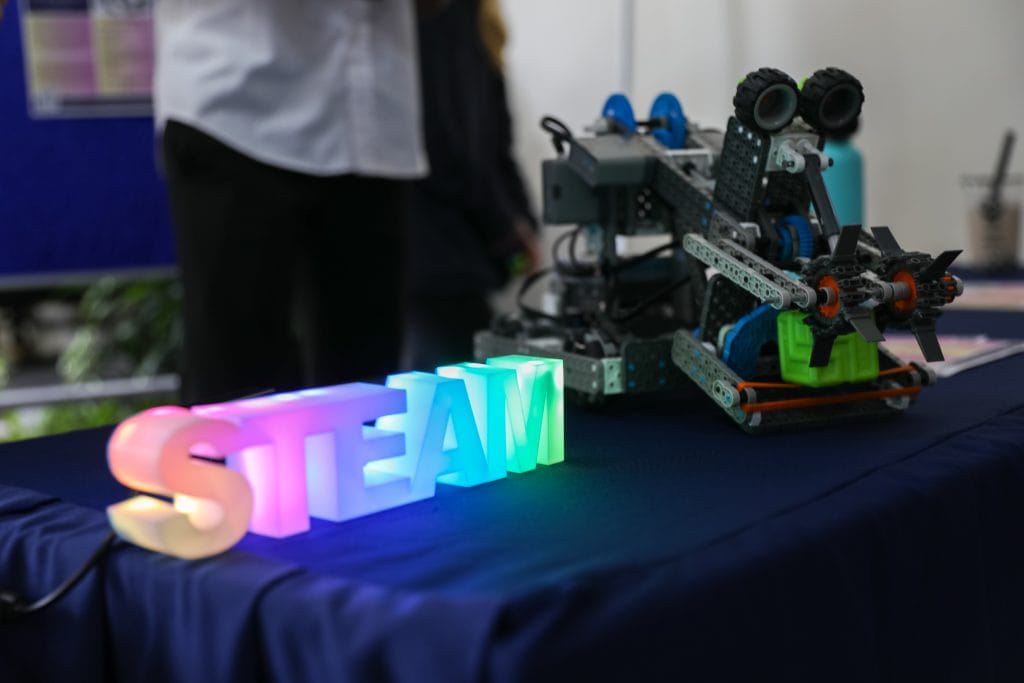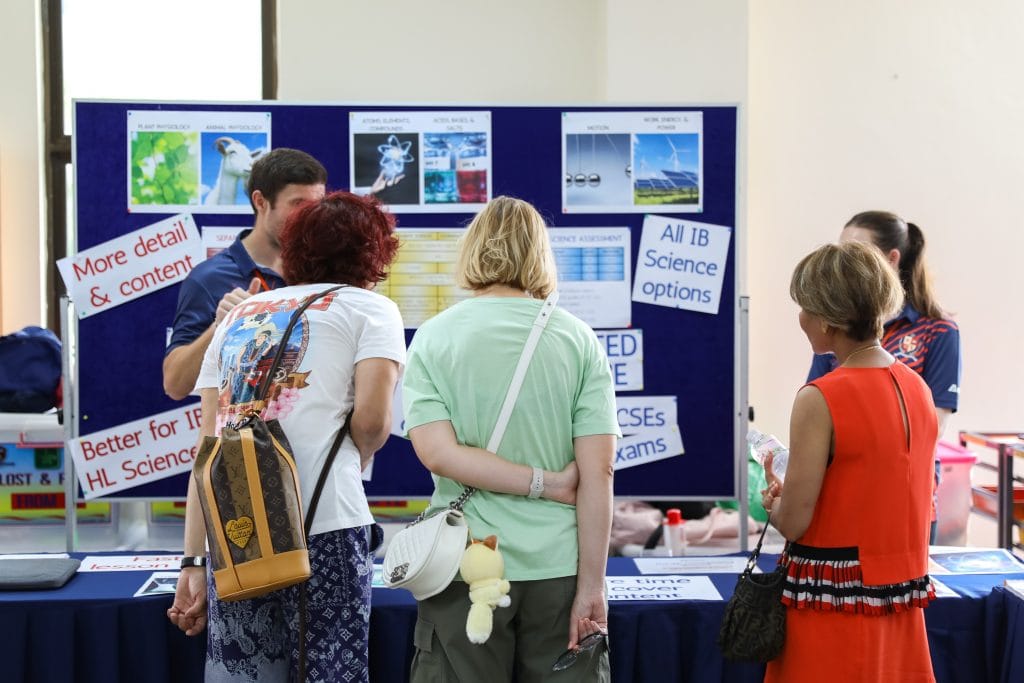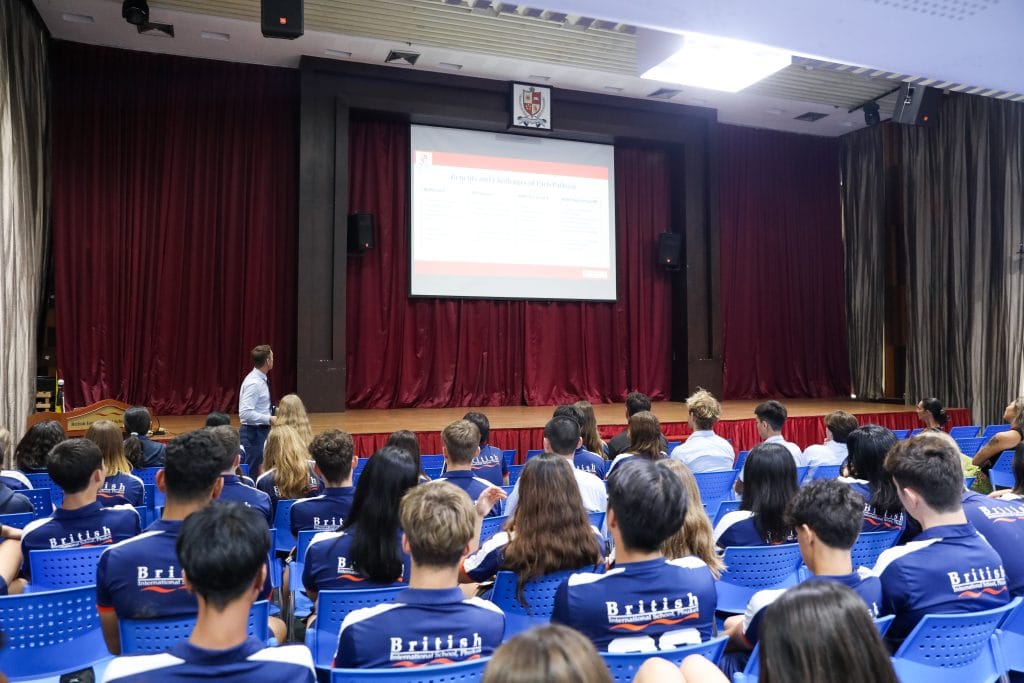| Getting your Trinity Audio player ready... |
Student agency is the ability of students to make choices about their own learning. This includes having a say in what they learn, how they learn it, and how these decisions construct a learning pathway that is personalised to individual preferences. The Upper School and Senior School ‘study options’ process is a fine example of how students step forward to decide how their educational pathway will transpire.
For all of us, making decisions about our future is an exciting but often daunting prospect. Occasionally we may feel unclear of how our skills, interests and passions that we recognise today will fit into the future of tomorrow. Perhaps the biggest benefit of personalised decision-making is the self-efficacy element found in the process – or the belief in your own ability to learn well. Self-efficacy is an important skill for students to develop as they progress through their education and into their careers. Faith in one’s own abilities leads to greater confidence and self-validation and can deter negative feelings of self-doubt which at worst can lead to teenage ‘imposter syndrome’ (the internalised fear of being exposed as a “fraud”).
When students have a say in what they are learning, they are more likely to be motivated and engaged learners. At BISP we also find that the study options process crystallises student thinking, as individuals aspire to fulfil tangible goals and take greater responsibility for their own learning.
Here’s how you can support your child’s agency in the decision-making process at home:
- Encourage your child to research information about the different options available to them. This includes information about the different subjects that are offered, the different types of courses that are available, and the different learning pathways that are possible.
- Notice and share your child’s interests, strengths and goals so that they can reflect on your appraisal from an objective perspective. Change ‘you must be a lawyer at all costs’ to ‘your eloquent powers of persuasion are qualities a lawyer would be proud of’.
- Respect your child’s choices and allow them to make their own decisions. Even if you don’t agree with their choice, it is important to respect their right to make their own decisions (they are not life-defining after all).
- Provide your child with support and guidance as they think about their choices, and reach out as a family to get advice from other adults including our University Counselling Team.
The subject options process for Upper School and Senior School began this month during our Cognitive Wellbeing Theme Day (2nd November). The process will continue with the following milestones throughout the year:
IGCSE
- November 3rd 2023 – Initial subject survey completed by students and subject blocks created
- November 2023 to January 2024 – Optional University Counsellor meetings with parents and students
- February 1st 2024 – Final subject choices made by students
- February 8th 2024 – Final choices confirmed and sent to parents
IB/BTEC
- November 2023 – Initial Academic Pathway and IB/BTEC Subject interest survey information sent to students
- January/February 2024 – University Counsellor meetings with parents and students
- March 2024 – Confirmation of Senior School Pathway and Subject Choices
Details of the presentations given to parents regarding the Upper School and Senior School academic pathways are linked here:
For further guidance and support please do reach out to the following members of staff at BISP
Mr Lee Phillips: Head of Upper School (Y10 & 11) [email protected]
Mr Jason Perkins: Head of Senior School (Y12 & 13) [email protected]
Mr P. Tucker and Ms A. Pothong: University Counsellors [email protected] or [email protected] and [email protected]
